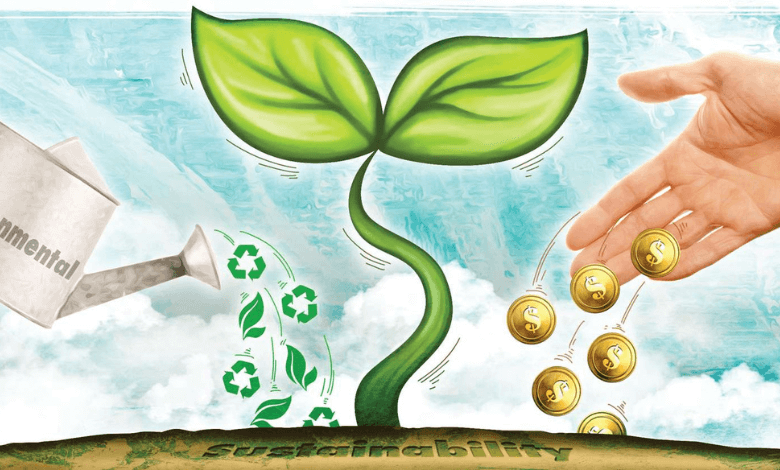Climate Fight by Biden : Balancing Environmental Goals and Economic Stability

In the ever-evolving landscape of American politics, President Biden’s commitment to addressing climate change is undeniable. From rejoining the Paris Agreement to proposing ambitious green initiatives, his administration has made significant strides in the fight against climate change. However, the recent challenge looming on the horizon isn’t coming from political opponents but from an unexpected source: banking regulators.
A recent post by Politico highlights how Democrats are now faced with a delicate balancing act as they try to prevent a potential conflict between their environmental goals and the stability of the country’s big banks. Now the big question is, can these two priorities coexist without creating conflict?
The way the Fed is regulating the financial sector is one of the main concerns at the center of this issue. Although the Biden administration has taken the lead in advocating for environmental regulations, caution is necessary to prevent any damage to the stability of financial institutions. Democrats should be concerned about the possibility that strict climate policies could unintentionally endanger economic security if they are not implemented wisely.
An independent organization, the Fed, is essential to the nation’s financial sector regulation. Its choices have a significant impact on the stability of large banks, which has an impact on the state of the American economy as a whole. The article highlights that the Federal Reserve’s conventional strategy has been to prioritize financial stability. But calls for a review of their policies have grown in response to the growing risks brought on by climate change.
Although the Fed’s recognition of climate change as a potential financial risk is commendable, a well-thought-out approach is necessary to prevent unintended consequences. Democrats need to figure out how to include climate concerns in financial regulation without making things unstable or stunting the economy. It’s a delicate dance, requiring subtle handling.
The need to address climate change urgently cannot be disputed. The necessity of taking immediate action is highlighted by the catastrophic effects of extreme weather events, rising sea levels, and the urgent need to switch to cleaner energy sources. The pledge made by President Biden to cut greenhouse gas emissions is a positive move.
Read More: Climate Crisis in California: UN Report’s Alarming Insights
Democrats must take into account the possible ramifications of excessive regulation in their fervor to tackle climate change. It’s critical to strike a balance between environmental objectives and financial stability. Unintentional financial crises could result from an overly aggressive approach to climate regulation, which would be detrimental to the environment and the economy.
In short, the fact that the fight against climate change now has a “Fed problem” presents a big challenge for the United States but also presents a chance for Biden. Democrats should seize this as an opportunity to be creative and develop legislative frameworks that both protect the country’s financial stability and effectively combat climate change. Although it’s a complicated issue, we can find a workable solution that benefits the economy and the environment. The secret is to strike that fine balance.



